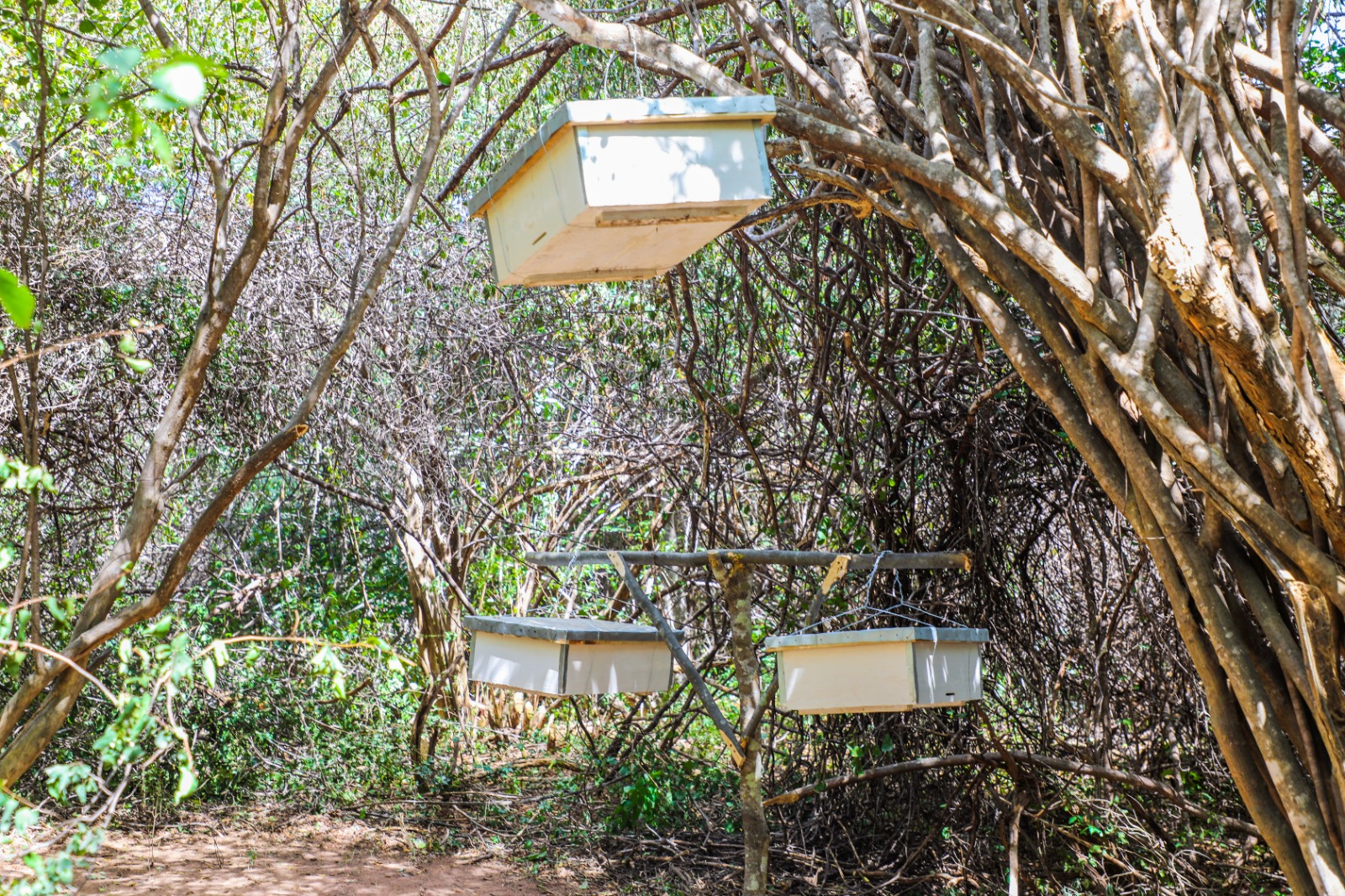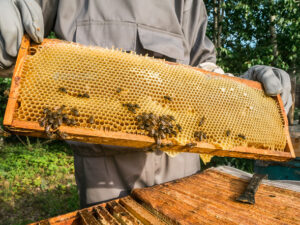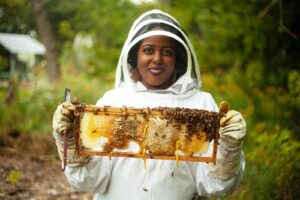Hive Management
Beekeeping has been an integral part of Tanzania’s rich agricultural heritage for generations. Beekeepers in this diverse African nation engage in the art of hive management, a vital practice that plays a significant role in sustaining healthy colonies and maximizing honey production. This article explores the importance of hive management for beekeepers in Tanzania and how it contributes to the overall success and sustainability of their endeavors.
The Significance of Hive Management
Hive management involves a series of meticulous tasks designed to support the well-being of bee colonies, ensuring they thrive and produce an abundance of honey. Regular hive inspections allow beekeepers to monitor the health of their bees, identify potential issues early on, and implement necessary interventions promptly. Such practices significantly contribute to the productivity and longevity of bee colonies, making hive management a fundamental aspect of successful beekeeping in Tanzania.
Inspecting Colony Health
Routine inspections are the backbone of effective hive management. During inspections, beekeepers carefully examine the overall health of the colony, looking for signs of diseases, parasites, or stress. Identifying problems at an early stage allows beekeepers to take remedial actions promptly, preventing the spread of diseases and ensuring the well-being of the entire colony.

Ensuring Optimal Conditions for Bee Productivity
Hive management involves creating and maintaining the ideal environment for bees to thrive. This includes ensuring that hives have proper ventilation, adequate food supply, and protection from harsh weather conditions. By providing optimal conditions, beekeepers encourage bee productivity and enhance the overall honey yield.
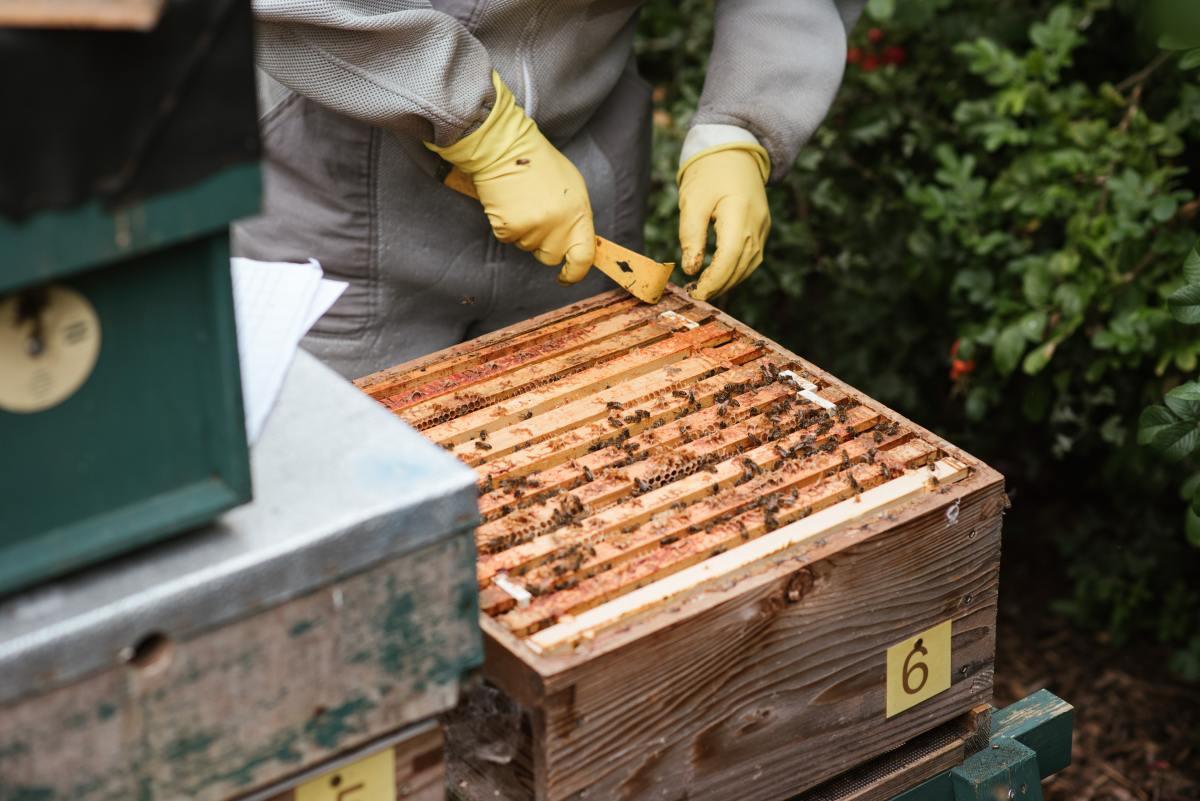
Maximizing Honey Production
One of the primary goals of hive management is to maximize honey production sustainably. Through regular inspections and appropriate hive interventions, beekeepers can stimulate honey production and ensure the quality of the honey harvested. The careful management of bee colonies results in an abundant honey harvest, benefiting both the beekeepers and the local communities.
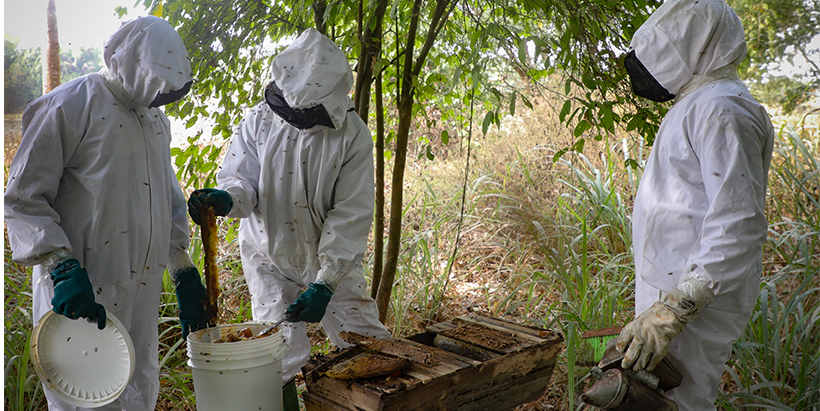
Conclusion
Hive management is a cornerstone of successful beekeeping, providing beekeepers with the tools to nurture and sustain thriving colonies. Through regular hive inspections, beekeepers can safeguard the health of their bees and address potential issues promptly. By ensuring optimal conditions and maximizing honey production, hive management not only contributes to the beekeepers’ prosperity but also plays a vital role in supporting the pollination of crops and maintaining the delicate balance of Tanzania’s diverse ecosystem.

